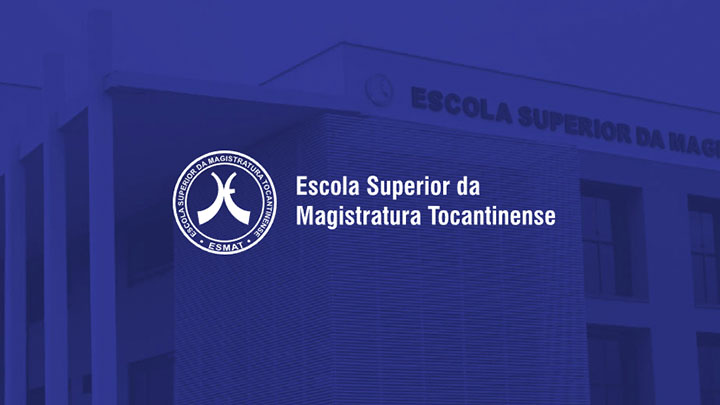Coordinator: Prof. Dr. Alex Pizzio da Silva
E-mail:
Vice-coordinator: Prof. Dr. Airton Cardoso Cançado
E-mail:
The Postgraduate Program in Regional Development (PPGDR), located at the Palmas Campus, aims to prepare teachers for higher education, and to train researchers and high-level professionals to work in sectors related to the theme of regional development from a systemic, plural, and critical viewpoint.
The PPGDR's professors have backgrounds in different areas of knowledge (Economic Sciences, Social Sciences, Geography, Demography, History, Environmental Sciences, Administration), which contributes to a diversified and plural look at the issues that permeate regional development.
The permanent professors belong to colleges of different undergraduate courses, which conditions the existence of integrated activities with the college and students of these courses, especially in the cores and research projects. We also have college members from other higher education institutions in Brazil and abroad who collaborate with research in this thematic area.
Currently the master's program has 15 professors, 13 permanent and four collaborators. In the permanent college, the PPGDR has five CNPq productivity scholars and two scholars from UFT's Institutional Research Productivity Program.
Through agreements, exchange agreements, and exchanges of experiences with professors and researchers from other national and international institutions, the Program maintains permanent contact with diverse realities, which complements and helps to expand research, teaching, and extension activities on issues related to regional development.
The PPGDR has stood out in interdisciplinary research agendas related to territorial development. The plural formation of the college and students has been providing the production of knowledge in themes of great relevance for regional development, such as: territorial development; federalism and public policies; social management and territorial issues; planning and social inclusion; gender relations; vulnerability and resilience; evaluation of public policies and policies for the promotion of equality. This has been reflected in the realization of several research projects with academic recognition and funding.
For example, currently, by order of CNPq, a research and extension agenda is developed within the program in the Citizenship and Rural Territories of all the territories of the State of Tocantins. Also, in the scope of the PPGDR, there is CNPq funding in a Program to Support Centers of Excellence (Proex) in Local Productive Arrangements and Agroenergy Productive Chains.
Currently, the course has a consolidated infrastructure for the execution of research in several specific areas and is in the process of expansion with the proposal to implement a PhD course.
From their training, the Regional Development graduates should:
- have an interdisciplinary vision of the problems and alternatives that involve themes related to Regional Development;
- Becoming capable of understanding and interpreting the various regional and local realities, with emphasis on the problems of the Brazilian Middle North region and the state of Tocantins;
- Be able to apply quantitative, qualitative and geoprocessing methodologies to carry out research into the economic, social and environmental effects of regional development, in its multiple perspectives;
- Analyze and evaluate the design, implementation, and management of regional development projects and programs, as well as the consequences of these actions on society;
- Propose interventions in regional planning and development policies.
CLASS 2020/2021:
JOSE RIBAMAR MENDES JÚNIOR JOSE RIBAMAR MENDES JÚNIOR
WELLINGTON MAGALHÃES
OCÉLIO NOBRE DA SILVA
RUBEM RIBEIRO DE CARVALHO
ALINE MARINHO BAILÃO IGLESIAS
MARCELO LAURITO PARO
JOSÉ EUSTÁQUIO DE MELO JUNIOR
ODETE BATISTA DIAS ALMEIDA
FÁBIO COSTA GONZAGA
LUCIANO ROSTIROLLA
JEAN FERNANDES BARBOSA DE CASTRO











